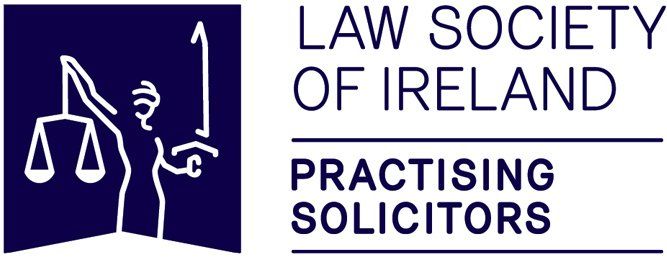Challenge to New Guidelines Dismissed by High Court; Lower Damages Are Here to Stay.
High level awards were, in recent years, feeding into higher premiums and the government was under pressure to introduce changes. In March 2021 the Judicial Council, essentially all of the judges, passed the new judicial guidelines under the Judicial Council Act 2019. These provided for much lower awards in PI cases and one claimant who had been told her case was worth up to € 34,000, but who was only assessed at € 3,000 by PIAB, challenged the new guidelines and related legislation. She applied to PIAB before the new rules took effect but was assessed under the new regime.
The plaintiff complained that the 2019 Act interfered with judicial independence and that the guidelines should not be retrospectively applied to her. She claimed her case should be assessed under the old rules as she applied to PIAB some years before the new and reduced awards came into force.
The court looked at section 90 of the 2019 Act and found that the court must consider the level of damages awarded in the state and other jurisdictions, principles for assessment and the need to promote consistency in the level of compensation for personal injury claims.
As for the issue of independence of the judges, the court held that existing legislation allowed a court to depart from the guidelines where reasons were given by the judge and this did not represent any substantial change to the current system under the Book of Quantum where it was desirable that a court should refer to its provisions.
As to the plaintiff’s case being undermined by retrospective rules, the court found the plaintiff had the right to have damages assessed in accordance with the law applicable at the time of assessment but did not have a right to any specific sum contained in the Book of Quantum. The reduction in awards, which was in keeping with public policy, did not amount to an “unjust attack” on her rights as she had claimed.
An application to PIAB was different to an assessment, and that could only be arrived at following the furnishing of all relevant information to the PIAB assessor. In this case the claimant had delayed sending all her Xrays to PIAB.
The court concluded that the guidelines were now valid as a matter of law and it found that PIAB had correctly applied the new guidelines to the claimant’s case. Her application for judicial review of the new guidelines was therefore refused.
Delaney v the Personal Injuries Assessment Board & Others [2022] IEHC 321
Steen O'Reilly LLP Solicitors
Founded in 1911, we are a well-established legal firm based in Navan, Co. Meath with a valued reputation in all areas of law.
Contact Us
Steen O'Reilly LLP Solicitors
31 / 34 Trimgate Street
Navan, Co. Meath
Tel: 046 9076300
Fax: 046 9029274
Email: solicitors@steenoreilly.ie

All Rights Reserved | Steen O'Reilly LLP Solicitors
